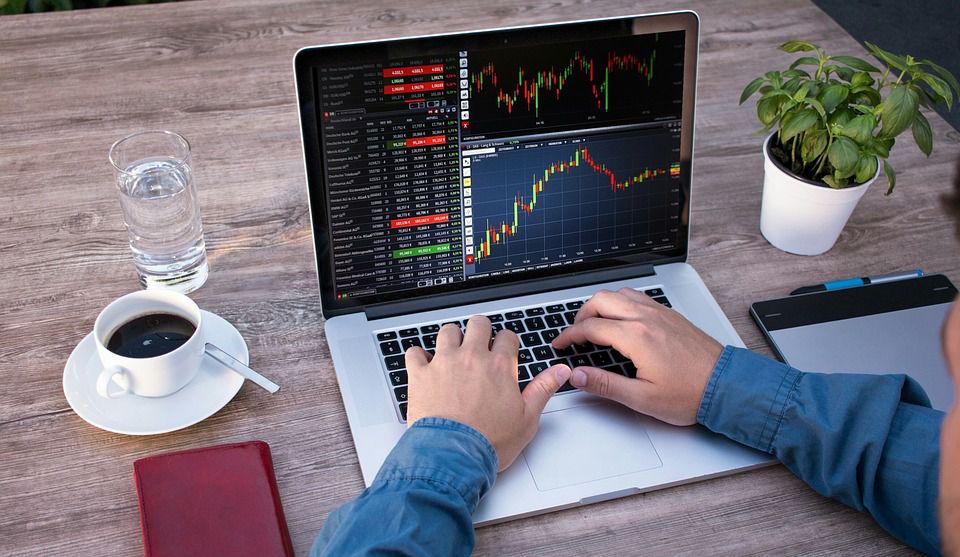During your foreign currency trading career, the broker will be one of the most critical success factors, besides, of course, your trading skills. The question of the reliability of the broker is at the same time delicate and fundamental. As a trader, you place our capital with a broker to be able to place orders.
The first questions you can ask yourself should be: is my money safe? In other words, can I trust the broker? But the question of funds is not the only one. There is also the quality of service and execution. All of these points are essential for a good trading experience. How then to make sure that the chosen broker is serious, professional, and reliable?
Reliability rimes with the regulation compliance
It’s an essential point in verifying the reliability of a broker. The first instinct to have is to check the broker’s authorizations in your country of operation. The competent regulatory body will be able to provide you with information.
However, a more complex question arises for brokers who operate from one country but have clients worldwide. Indeed, a regulatory body cannot act on brokers outside its territory. It is not uncommon that some brokers may be approved in more than one country by the corresponding national bodies. Making sure that your broker is regulated protects your investment and helps you avoid scam broker traps.
The history of the broker
Beyond the simple stamp of the administrative authorities, it is important to look at the broker’s reputation. Let’s say it right away, reputation is not everything, far from it, but it can enlighten the customer on the company’s practices.
To verify the customers’ satisfaction, here is the checklist of the questions: does the broker have good recommendations in online reviews? Are these reviews authentic or certified? Do you as a trader know people around you who have already been clients of the broker? All of this gives a useful first impression.
Then you have to dig a little deeper: search for press articles about the broker and see what it is. Are scandals appearing? Have regulatory authorities imposed fines? At the slightest warning, be careful!
Besides, seniority in business is an equally important criterion. How long has the broker been in business? Who are their clients? The longevity of a business is often synonymous with long-term trust.
Advertising and Marketing
The way a broker advertises itself is often overlooked, but what really matters concerns the communication of the financial intermediary with its audience. Through the broker’s advertising campaigns and marketing, one can perceive the broker’s intention and test the company’s honesty.
You need to know a minimum to detect right from wrong and exaggerations or false incitement. For example, avoid those who promise big gains with very little money in a very short time. Everyone knows that it is much more complicated than that.
But sometimes, the messages are more subtle. It’s not to say that everything is wrong or untrue in a broker’s communication. You just have to be careful of the promises.
A reliable broker respects his clients, warns them of risks, and does not lead them to a sure disaster.
In Conclusion
No matter how much effort it takes to find a reliable, professional, and honest broker, there is always room for doubt. Indeed, even after all the checks mentioned above, it is not uncommon to have problems with your broker. No risk does not exist. One way to avoid or reduce the risks, is to diversify, at least initially: having two or three brokers allows you to compare them, especially not putting all your eggs in one basket. The downside is that you have to divide your capital and, for example, only have a third of your funds with three brokers. It’s the price to pay for not depending on the actions of one broker alone.
